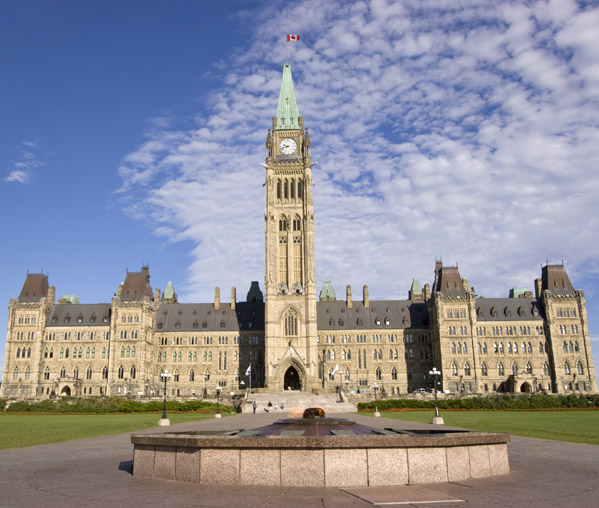It isn't important to be a Canadian nearby or lasting tenant to apply for an exculpation in Canada. It is likewise feasible to fit the bill for exoneration if the condemned individual was executed to a wrongdoing submitted in an other area and has been moved to Canada under the Exchange of Guilty parties Act. It isn't obligatory to apply for an acquittal if a criminal record comprises an unlimited or inconclusive opportunity. As far back as July 1992, criminal procedures of this sort are consequently expelled from the CPIC database one year after an absolute opportunity had been set up and three years for a confined release. The RCMP must be reached legitimately to delete feelings submitted going before July 1992.

For rundown offenses, three years must slip by from the day all charges, expenses and harms were paid and all correctional facilites or network administrations, evaluate requests and parole periods were finished. For indictable offenses and those natives who meet the criteria under the Exchange of Wrongdoers Act the period is five years. In the event that they have finished over a half year in jail or were punished in excess of 2,000 dollars or on the off chance that they were released from the Canadian military or police, nationals found liable for arrangements found in the National Safeguard Act ought to likewise hold up 5 years. All other National Guard punished candidates should hold up three years before applying.
Acquittal hopefuls must demonstrate that they have lived as well behaved people over the required three to multi year time frame. The National Parole Board deliberates with various offices including law forcing organizations like the Illustrious Canadian Mounted Police (RCMP) who advises the feelings as well as the affirmed or suspected crimes. The National Parole Board likewise considers private allegations, giving there is mutiple, contrary to an individual applying for an exoneration just as neighborhood offenses and halted, released or pulled back charges.
On the off chance that a solicitation for an exculpation is affirmed, the candidate's criminal record is killed from the CPIC. Along these lines, at whatever point a criminal record check is played out the absolved record won't enlist. The Specialist General of Canada keeps up the capacity to unveil data on previous exculpated violations. This happens once in a while - 99% of individuals exculpated keep on showing the majority of the characteristics of well behaved residents. By the by, if the Specialist General of Canada accepts that an exculpated individual's conduct is a danger to Canadian resident or common security he may uncover points of interest of acquitted violations. People who get an exoneration must affirm that they had a criminal record for which they have acknowledged an exculpation. Look at Canadian paralegal sites for more data about exculpation administrations Canada.
